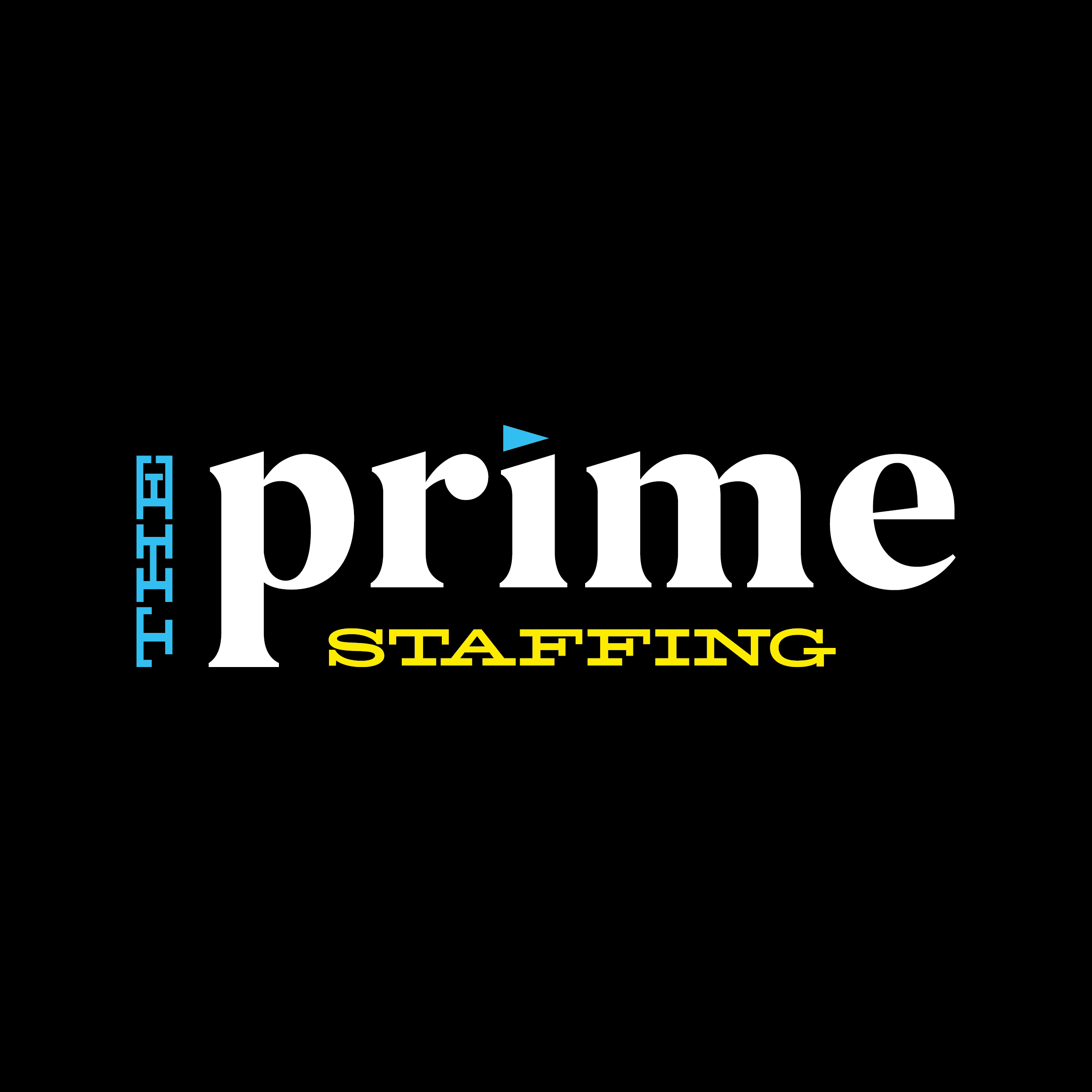Overview
Key Responsibilities
Asset Portfolio Management:
Develop and implement strategies to enhance the value and performance of the real estate portfolio.
Monitor the financial performance and occupancy rates of properties.
Identify opportunities for property acquisitions, dispositions, or renovations.
Financial Analysis:
Conduct financial analysis to evaluate property performance, including cash flow, ROI, and property-level expenses.
Prepare and analyze financial reports and forecasts for the real estate portfolio.
Manage property budgets and ensure cost-effective operations.
Property Management:
Oversee the day-to-day operations of real estate assets, including leasing, maintenance, and tenant relations.
Ensure that properties are well-maintained and comply with safety and regulatory standards.
Address tenant concerns and work to maintain high occupancy rates.
Leasing and Tenant Relations:
Negotiate lease agreements with tenants, including rental rates and lease terms.
Handle tenant inquiries, disputes, and lease renewals.
Monitor and enforce lease compliance.
Strategic Planning:
Develop and execute long-term real estate asset management plans that align with the organization’s objectives.
Collaborate with stakeholders to define investment strategies and portfolio diversification.
Legal and Regulatory Compliance:
Ensure properties comply with local, state, and federal regulations.
Manage legal matters, such as evictions, lease disputes, and property acquisitions.
Collaborate with legal counsel as needed.
Reporting and Documentation:
Maintain accurate records and documentation related to property transactions and activities.
Prepare and present reports to senior management and stakeholders.



